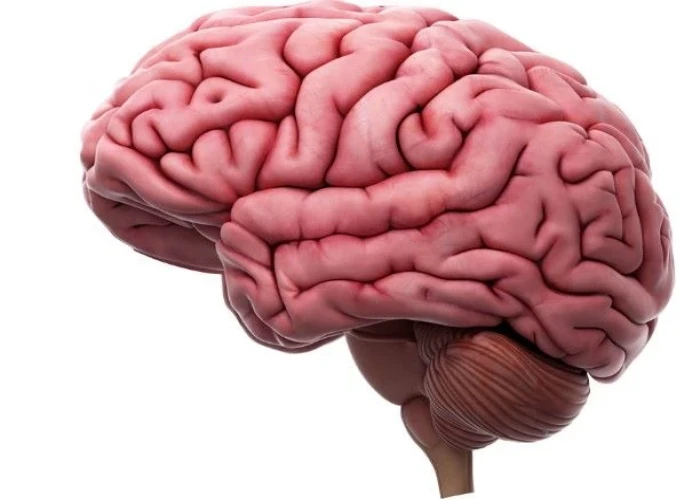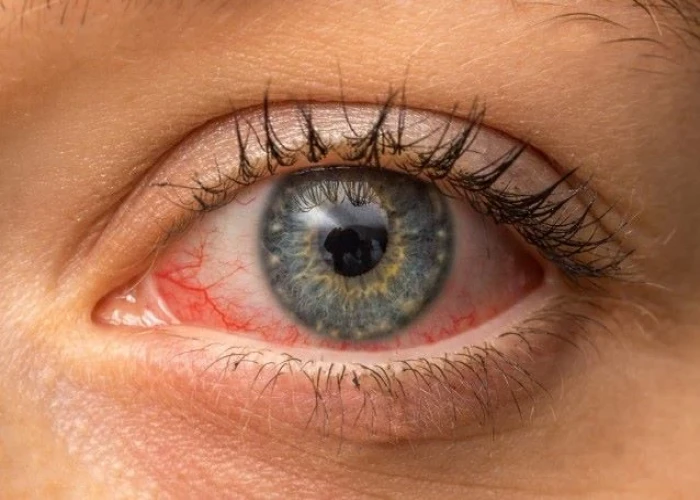 Welcome
Welcome
“May all be happy, may all be healed, may all be at peace and may no one ever suffer."
Suicide and suicidal thoughts

Suicide is the act of intentionally taking one's own life, and suicidal thoughts refer to thoughts of wanting to take one's own life. Both suicide and suicidal thoughts are serious mental health concerns that require prompt and appropriate attention.
It's important to understand that suicide and suicidal thoughts can affect anyone, regardless of age, gender, race, or socioeconomic status. However, certain factors may increase the risk of suicide or suicidal thoughts, including:
- Mental health disorders, such as depression, anxiety, bipolar disorder, or schizophrenia
- Substance abuse or addiction
- Chronic pain or illness
- Previous suicide attempts
- A family history of suicide
- Traumatic life events, such as abuse, neglect, or violence
If you or someone you know is experiencing suicidal thoughts or exhibiting suicidal behaviors, it's essential to seek help immediately. Here are some resources and steps you can take:
- Contact a mental health professional or your primary care physician to schedule an evaluation and receive treatment.
- Remove any potential means of self-harm, such as firearms, medications, or sharp objects.
- Offer support and understanding to the person experiencing suicidal thoughts, but avoid judgment or criticism.
- Take care of yourself and seek support if you are struggling with your own feelings or emotions.
Remember that suicide and suicidal thoughts are treatable, and there is help available. If you or someone you know is experiencing suicidal thoughts, reach out for help as soon as possible.
Research Papers
Disease Signs and Symptoms
- Attempts to suicide
- Withdrawing from social contact and wanting to be left alone
- Being preoccupied with death, dying or violence
- Increasing use of alcohol or drugs
- Doing risky or self-destructive things, such as using drugs or driving recklessly
- Thinking about, planning or attempting suicide
Disease Causes
Suicide and suicidal thoughts
Suicidal thoughts have many causes. Most often, suicidal thoughts are the result of feeling like you can't cope when you're faced with what seems to be an overwhelming life situation. If you don't have hope for the future, you may mistakenly think suicide is a solution. You may experience a sort of tunnel vision, where in the middle of a crisis you believe suicide is the only way out.
There also may be a genetic link to suicide. People who complete suicide or who have suicidal thoughts or behavior are more likely to have a family history of suicide.
Disease Prevents
Suicide and suicidal thoughts
To help keep yourself from feeling suicidal:
- Get the treatment you need. If you don't treat the underlying cause, your suicidal thoughts are likely to return. You may feel embarrassed to seek treatment for mental health problems, but getting the right treatment for depression, substance misuse or another underlying problem will make you feel better about life — and help keep you safe.
- Establish your support network. It may be hard to talk about suicidal feelings, and your friends and family may not fully understand why you feel the way you do. Reach out anyway, and make sure the people who care about you know what's going on and are there when you need them. You may also want to get help from your place of worship, support groups or other community resources. Feeling connected and supported can help reduce suicide risk.
- Remember, suicidal feelings are temporary. If you feel hopeless or that life's not worth living anymore, remember that treatment can help you regain your perspective — and life will get better. Take one step at a time and don't act impulsively.
Disease Treatments
Treatment of suicidal thoughts and behavior depends on your specific situation, including your level of suicide risk and what underlying problems may be causing your suicidal thoughts or behavior.
Disease Diagnoses
Disease Allopathic Generics
Disease Ayurvedic Generics
Disease Homeopathic Generics
Disease yoga
Suicide and suicidal thoughts and Learn More about Diseases

Posterior cortical atrophy

Retinal diseases

Scarlet fever

Arthritis

Mitral valve disease

Patellar tendinitis

Presbyopia

Tuberculosis of Skin (Lupus Valgaris)
suicide and suicidal thoughts, আত্মহত্যা ও আত্মঘাতী চিন্তাভাবনা
To be happy, beautiful, healthy, wealthy, hale and long-lived stay with DM3S.
